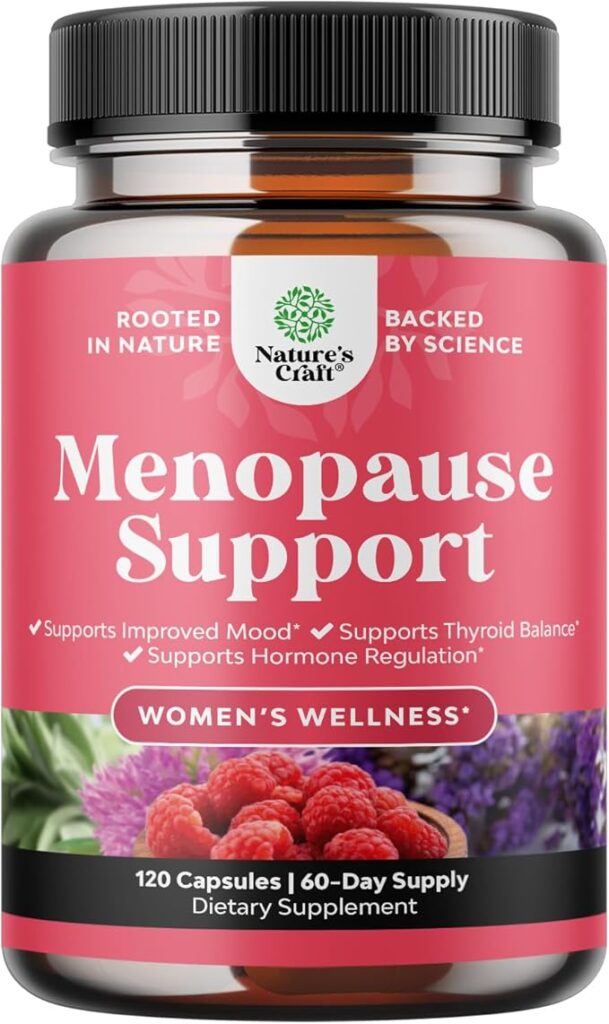Menopause and perimenopause are two stages in a woman’s life that mark significant hormonal changes. While they are closely related, they are distinct phases with unique characteristics. Understanding these differences is crucial for managing symptoms effectively and maintaining overall well-being.
What Is Perimenopause?
Perimenopause, meaning “around menopause,” is the transitional phase leading up to menopause. It typically begins in a woman’s 40s, though it can start earlier or later. This phase is characterized by fluctuating hormone levels, particularly estrogen and progesterone, as the ovaries gradually produce less of these hormones. Perimenopause can last several years and is marked by the onset of irregular menstrual cycles.
Common symptoms of perimenopause include:

- Irregular periods (shorter or longer cycles)
- Hot flashes and night sweats
- Mood swings or irritability
- Fatigue and difficulty sleeping
- Changes in libido
- Vaginal dryness
What Is Menopause?
Menopause is defined as the point in time when a woman has gone 12 consecutive months without a menstrual period. It typically occurs around the age of 50. At this stage, the ovaries have stopped releasing eggs and producing most of their estrogen. Menopause is a natural biological process and signifies the end of reproductive years.
Common symptoms of menopause include:
- Hot flashes and night sweats
- Weight gain or slowed metabolism
- Thinning hair and dry skin
- Loss of breast fullness
- Increased risk of osteoporosis
Key Differences Between Menopause and Perimenopause
- Timing: Perimenopause is the transitional phase leading up to menopause, while menopause is the culmination of that transition.
- Hormonal Activity: Hormone levels fluctuate during perimenopause, but they are consistently low after menopause.
- Menstrual Cycles: Periods become irregular in perimenopause and cease entirely in menopause.
Natural Supplements to Combat Symptoms
Both perimenopause and menopause can cause discomfort, but certain natural health supplements may help alleviate symptoms. Always consult a healthcare provider before starting any new supplement regimen.
1. Black Cohosh
Known for reducing hot flashes and night sweats, black cohosh is a popular herb for managing hormonal fluctuations.
2. Evening Primrose Oil
Rich in gamma-linolenic acid (GLA), evening primrose oil may help with hormonal balance, reducing breast tenderness and mood swings.
3. Maca Root
Maca root is often used to support energy, mood, and hormonal health during both perimenopause and menopause.
4. Ashwagandha
This adaptogenic herb helps reduce stress, improve mood, and combat fatigue, making it beneficial for overall well-being.
5. Calcium and Vitamin D
Essential for bone health, these nutrients help combat the increased risk of osteoporosis associated with menopause.
6. Omega-3 Fatty Acids
Found in fish oil, omega-3s support heart health, reduce inflammation, and may alleviate mood swings.
7. Red Clover
Rich in isoflavones (plant-based estrogens), red clover may help reduce hot flashes and improve bone density.
Lifestyle Tips to Complement Supplements
In addition to natural supplements, consider these lifestyle changes:
- Maintain a balanced diet rich in fruits, vegetables, and whole grains.
- Engage in regular physical activity to boost mood and bone health.
- Practice stress management techniques like yoga, meditation, or deep breathing.
- Ensure adequate sleep to support overall health.
Conclusion
Understanding the difference between perimenopause and menopause is essential for navigating these life stages with confidence. While they bring challenges, natural health supplements and lifestyle adjustments can help manage symptoms and promote overall well-being. Always consult with a healthcare professional to tailor your approach to your individual needs.